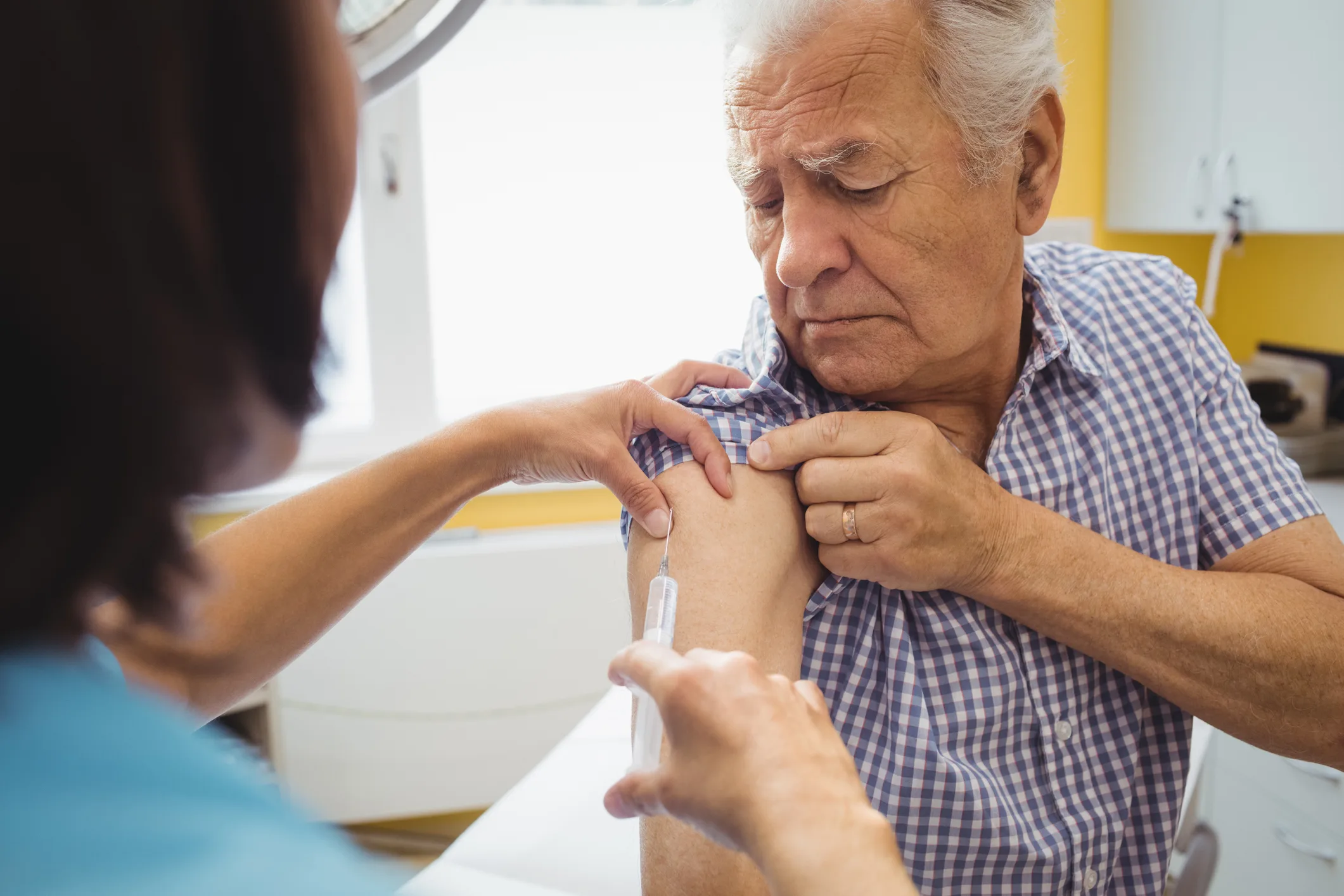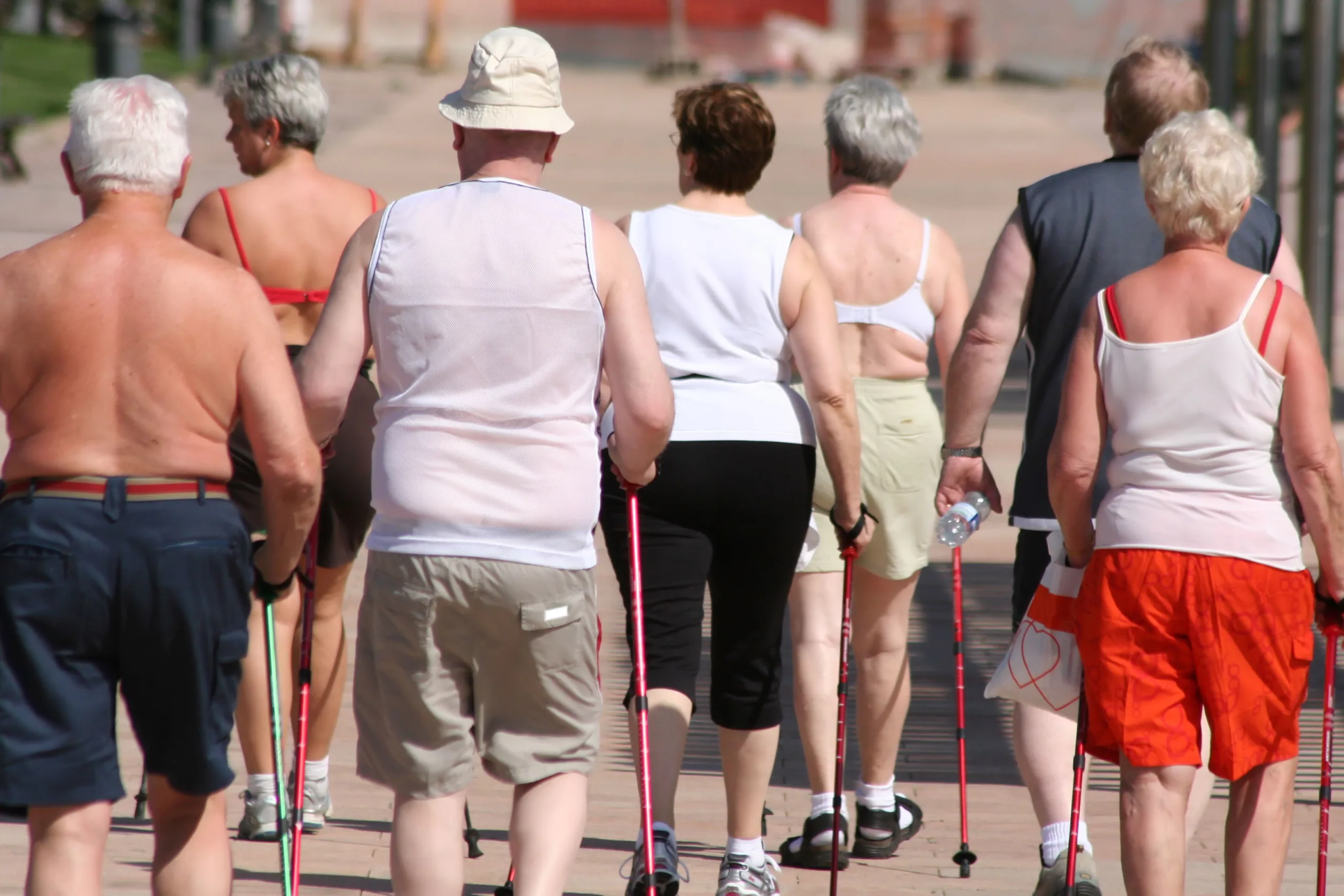If your father had a heart attack at age 55, does that mean you are destined to have one, too?
“No, it doesn’t mean that,” says UCI Health cardiologist Dr. Shaista Malik, medical director of the UCI Health Preventive Cardiology & Cholesterol Management Program.
“A family history of premature heart disease is a significant risk factor. But, just like other risk factors such as high blood pressure, high blood sugar or cholesterol, it can be controlled with lifestyle changes.”
A family history of heart disease is generally defined by having a first-degree male relative (i.e., father or brother) who had a heart attack by age 55, or a first-degree female relative (i.e., mother or sister) by age 65.
How Do Genetic and Lifestyle Factors Contribute to One’s Risk of Coronary Artery Disease?
A 2016 study published in The New England Journal of Medicine shed new light on this topic. It looked at how both genetic and lifestyle factors contribute to one’s risk of coronary artery disease. This is telling because coronary artery disease is the nation’s leading cause of death.
The study was groundbreaking because it pooled 50 known genetic markers of heart disease risk. Previously, doctors knew there was no single predictive gene, but studying multiple genetic markers hadn’t been done. The study also considered the four healthy lifestyle factors advocated by the American Heart Association:
- No current smoking
- No obesity
- Regular physical activity
- A healthy diet
The study found that those with a high genetic risk for heart disease almost doubled their risk for a cardiovascular event (heart attack or stroke).
How Can You Lower Your Risk?
The good news is if your family history points to an increased risk for heart disease, you can lower that risk by nearly half (46 percent) by having a healthy lifestyle, which in this case means adhering to at least three of the four healthy lifestyle factors listed above.
If you are aware of a family history of heart disease or have two or more of the four American Heart Association lifestyle factors, such as obesity and smoking, see your physician or a cardiologist first are foremost.
Just as important, consider lifestyle changes that will instantly improve your heart health:
- Quit smoking
- Lose weight
- Eat better
- Exercise more
“You can see changes in your risk over a short period of months,” says Malik.
Source:











